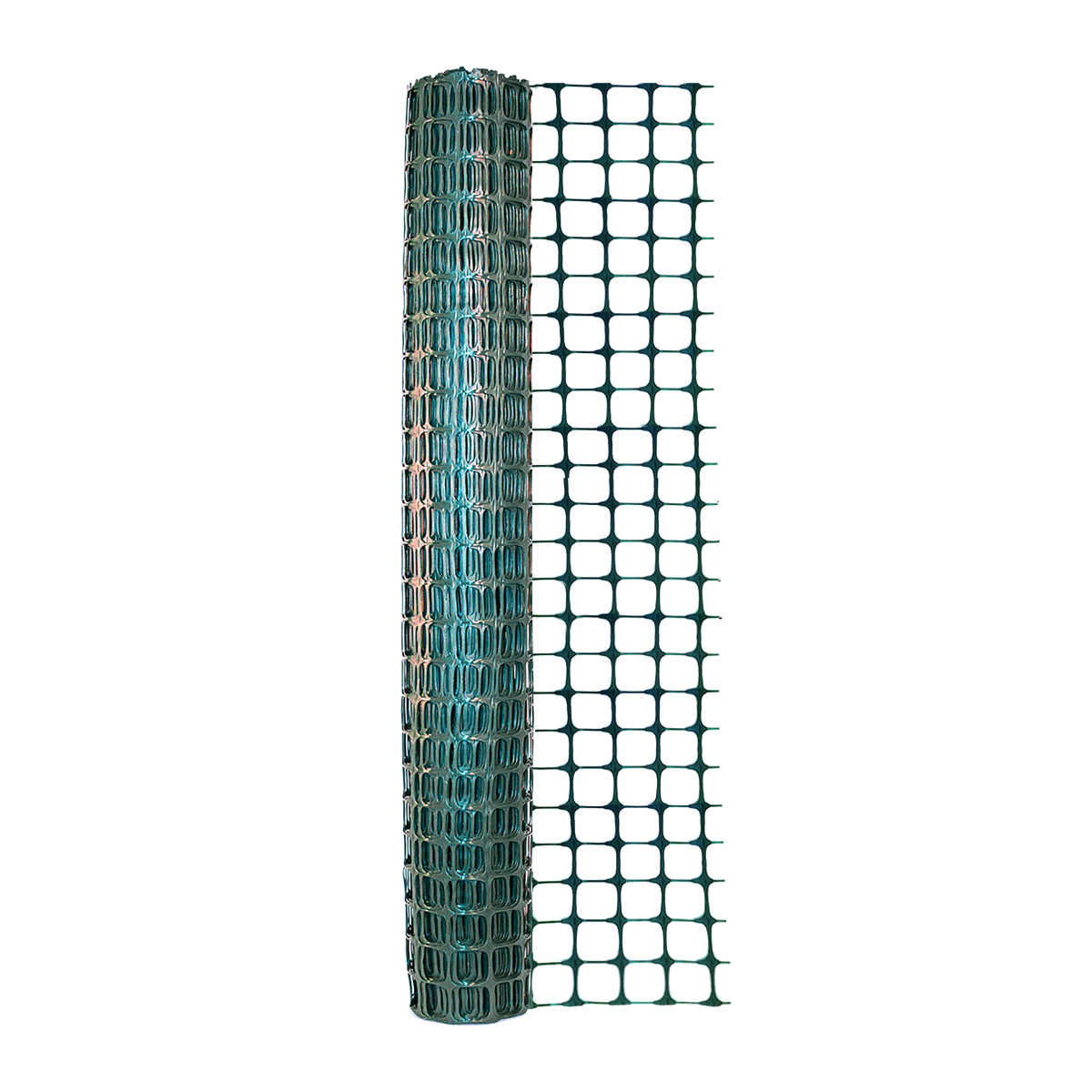Exploring the Versatility and Benefits of Garden Mesh in Outdoor Spaces
11 月 . 09, 2024 15:46
The Versatility and Importance of Garden Mesh
Garden mesh, often overlooked, is an essential component in modern gardening and landscaping that offers a variety of benefits to both amateur and professional gardeners. It is a lightweight yet durable material designed with an interconnected lattice structure, which allows it to serve multiple purposes — from plant protection to soil enhancement and beyond. In this article, we will explore the various applications of garden mesh, its benefits, and how it can enhance your gardening experience.
One of the primary uses of garden mesh is to protect plants from pests. Many gardeners often struggle with insects and small animals that view their budding plants as a buffet. By placing garden mesh over plants, you can create a physical barrier that prevents access to these pests while still allowing sunlight and rain to nourish your plants. This can be particularly useful for sensitive seedlings and vegetables, ensuring a higher survival rate and healthier growth.
In addition to pest control, garden mesh is also advantageous for supporting plant growth. For climbing plants, such as beans, cucumbers, and peas, garden mesh can be employed as trellising. By using a sturdy mesh, you can offer support to these plants, allowing them to flourish vertically rather than sprawling on the ground. This not only maximizes space but also promotes better air circulation and light exposure, ultimately leading to a more fruitful harvest.
Another significant application of garden mesh is in soil erosion prevention. If your garden is situated on a slope or hilly area, soil erosion can become a major concern during heavy rainfalls. Garden mesh can be installed to create barriers that help retain soil while allowing water to seep through, preventing runoff. This helps keep the garden intact and ensures that nutrients remain in the soil, enhancing the health of your plants.
garden mesh

Moreover, garden mesh can play a vital role in weed control. By laying down garden mesh over the soil and planting through it, you create a physical barrier that inhibits weed growth while still allowing your desired plants to thrive. This method can significantly reduce the amount of time and effort spent on weeding, allowing gardeners to spend more time enjoying their plants rather than battling against persistent weeds.
Another innovative use of garden mesh is in conjunction with mulch and compost. When combined, garden mesh can help maintain the integrity of your mulch, preventing it from washing away during heavy rains. It can also encourage a healthier composting process by allowing air to circulate while keeping out larger pests like rodents and deer.
In terms of maintenance, garden mesh is relatively easy to clean and can be reused year after year, making it a cost-effective solution for gardeners. It is generally made from durable materials such as polyethylene or nylon, which can withstand the outdoor elements, including UV rays, rain, and snow. This durability means that when purchasing garden mesh, you are investing in a product that will last for multiple seasons, providing both functionality and sustainability.
In conclusion, garden mesh is a versatile and indispensable tool for gardeners looking to enhance their gardening techniques. Its applications range from pest control and weed prevention to supporting plant growth and soil erosion control. By integrating garden mesh into your gardening practices, you can improve the health and productivity of your plants while reducing the time spent on maintenance. Whether you are a novice gardener or a seasoned green thumb, the benefits of garden mesh are undeniable, making it a worthy addition to any garden toolkit. As the gardening community continues to evolve, the use of such innovative materials will undoubtedly play a crucial role in promoting sustainable and productive gardening practices.




















